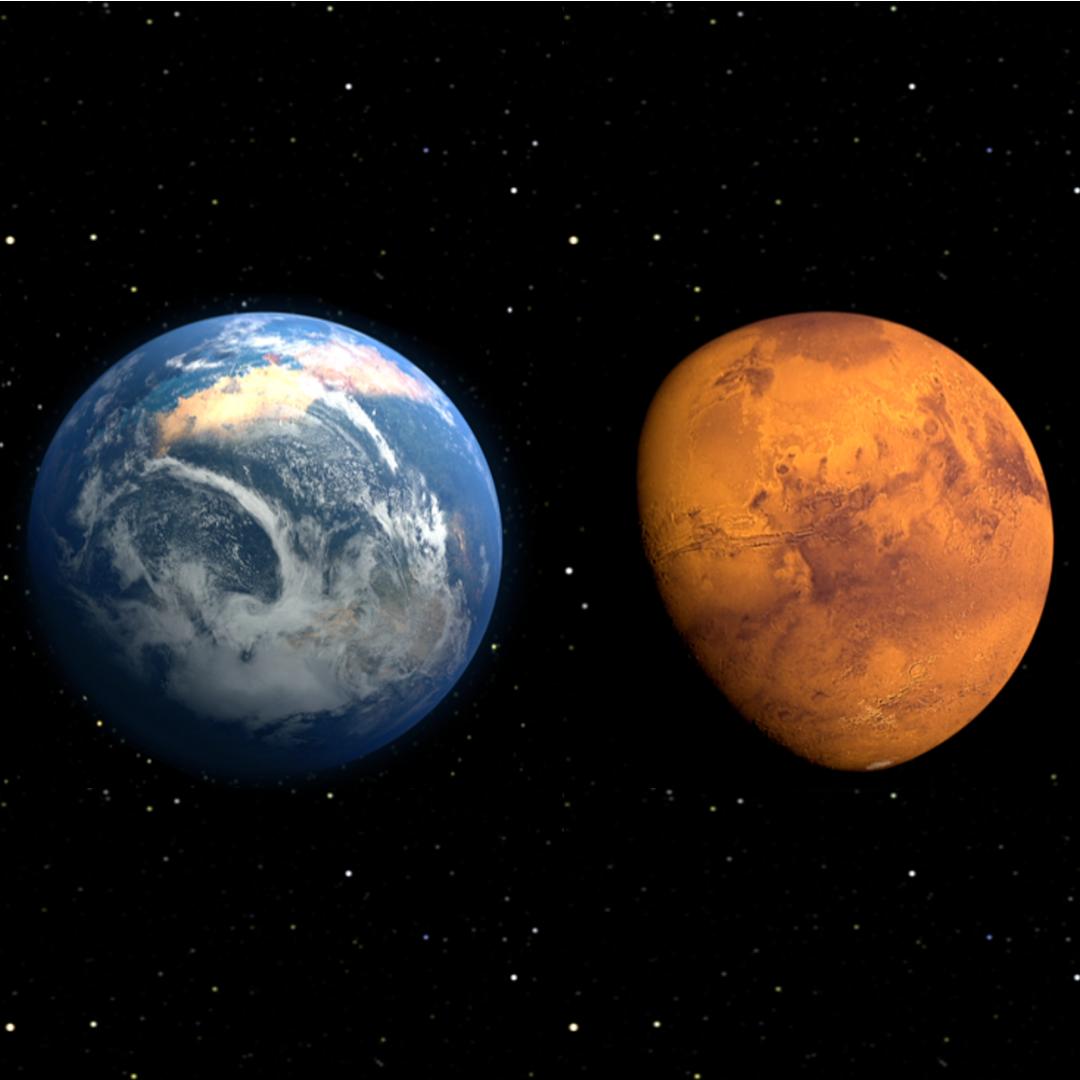Follow the Water

Follow the Water
Since the 17th century, we’ve been aware that Earth is far from being the only planet located in outer space. With the necessary resources to research and discover what’s beyond our own world, one of the long-term goals is to find an alternative planet within our solar system that contains certain conditions that humans could possibly survive in: oxygen and water. With the inability to find either of these yet, Mars is currently the safest bet when it comes to obtaining water.
Gigantic ice sheets are located in both the northern and southern hemisphere of Mars. While some would consider these to be obstacles, NASA realized that the ice sheets could be used to our advantage. After tasking students from eight universities with finding out how to turn this ice into water, also known as the Mars Ice Challenge, the solution includes the act of drilling rod water wells.
Rod water wells are currently used to access water on Earth in places with extremely cold temperatures, such as Antarctica. A rod well is a cavity deep in the ice where the ice is melted and water is accessed. In this instance, the cavity is formed about 250 feet beneath the surface by maintaining a pool of heated water throughout the well’s lifespan. The bulb-shaped pocket gradually expands as the walls continually melt away, creating a constantly renewing source of water. A submersible pump and series of hoses cycle the water up the ice shaft and through heat exchangers, while siphoning a portion of the flow for the station’s use before sending the rest back down to the well.
The criteria NASA uses to select destinations for human exploration involve a simple concept: follow the water. Digging rod wells on Mars could bring us one step closer to finding out how humans can survive on a planet besides Earth. According to Earth.com, NASA predicts that creating just one rod water well on Mars can produce roughly 380 liters of water per day, which is close to the average daily water use per person in the United States. While this isn’t much, it is definitely a good place to start.
No digging has occurred on Mars yet but it sounds like a game plan is in force. If A.Y. McDonald was ever so lucky to get tapped on the shoulder to provide a pump, we could then potentially say that our products are not only global but literally universal!


